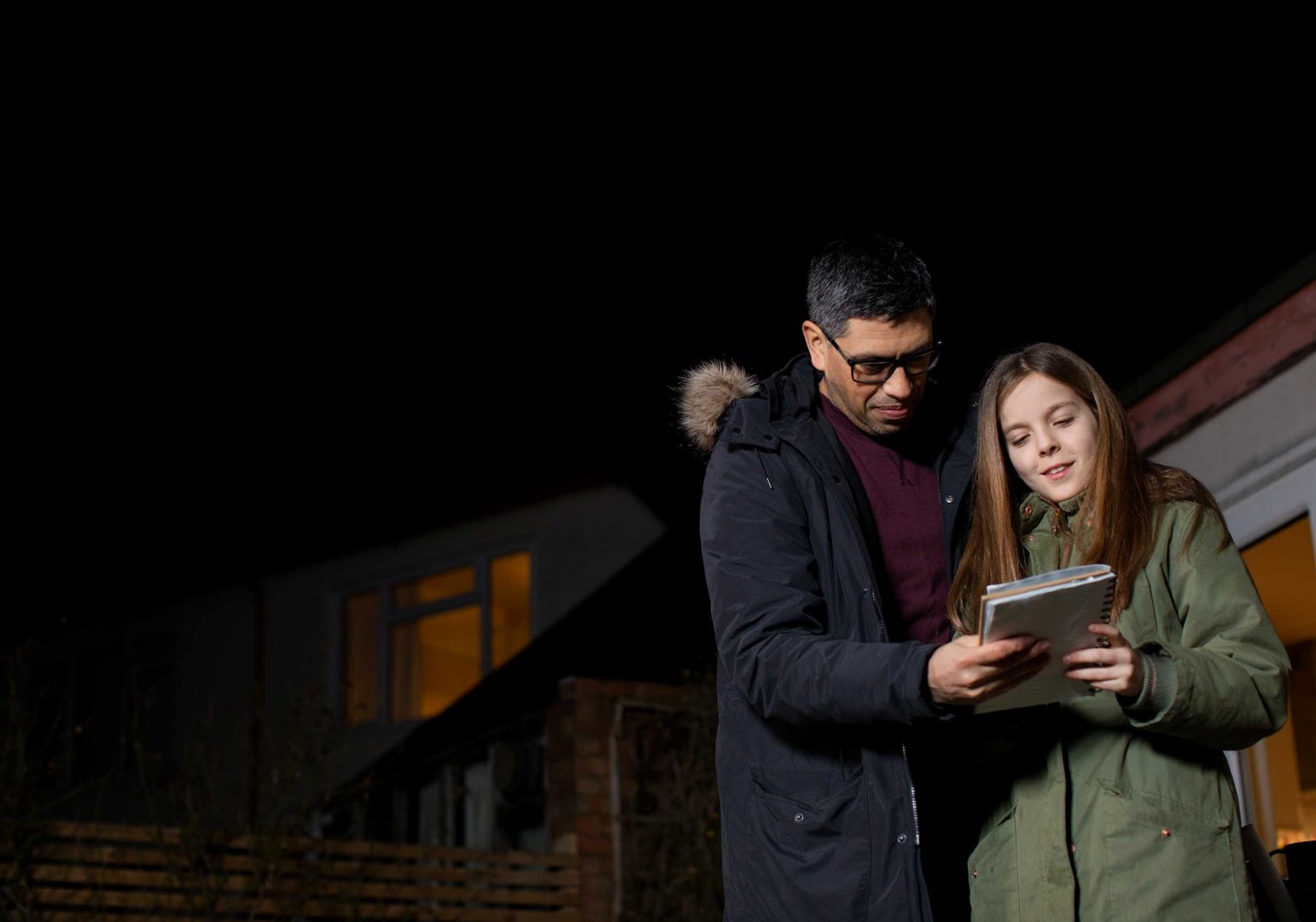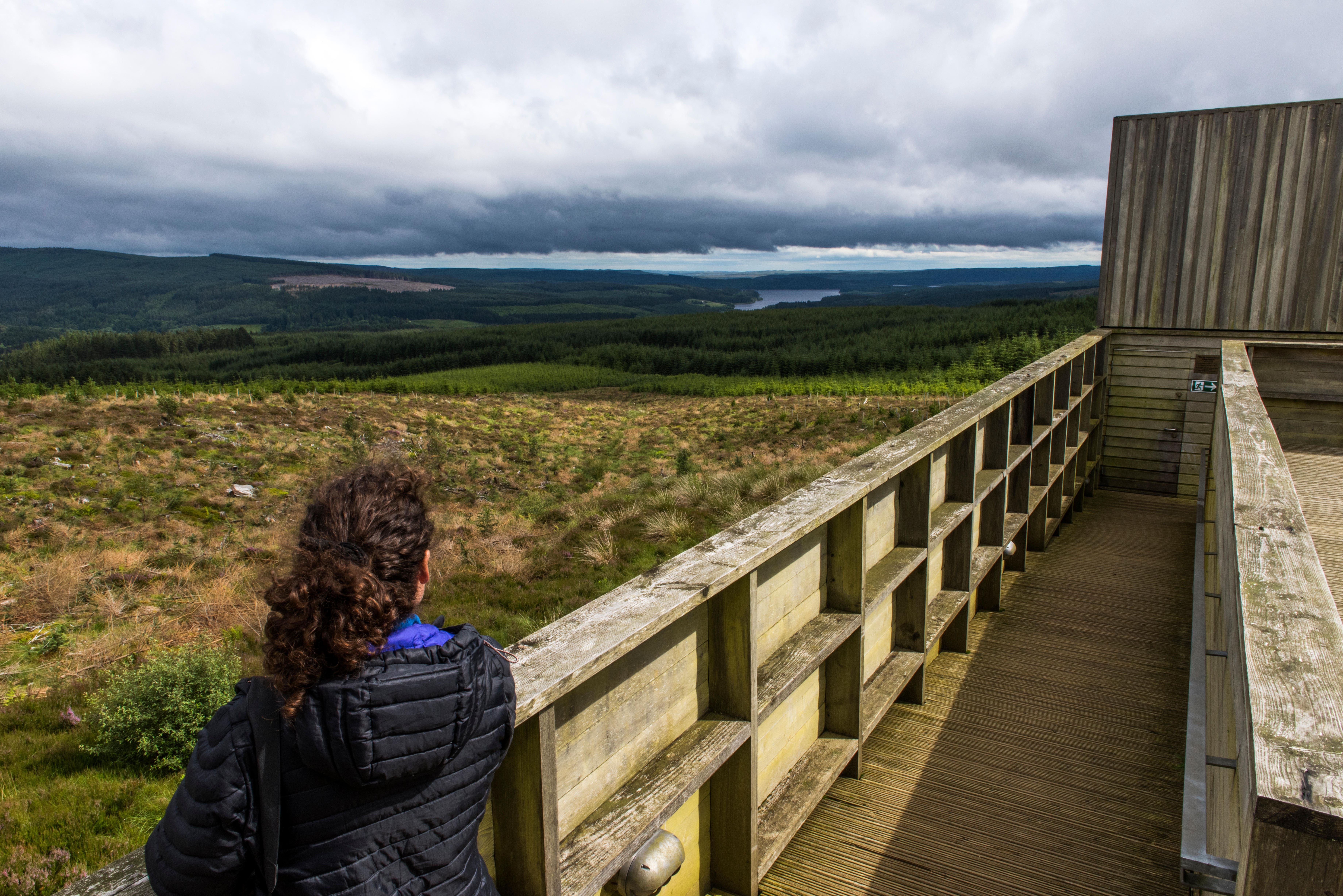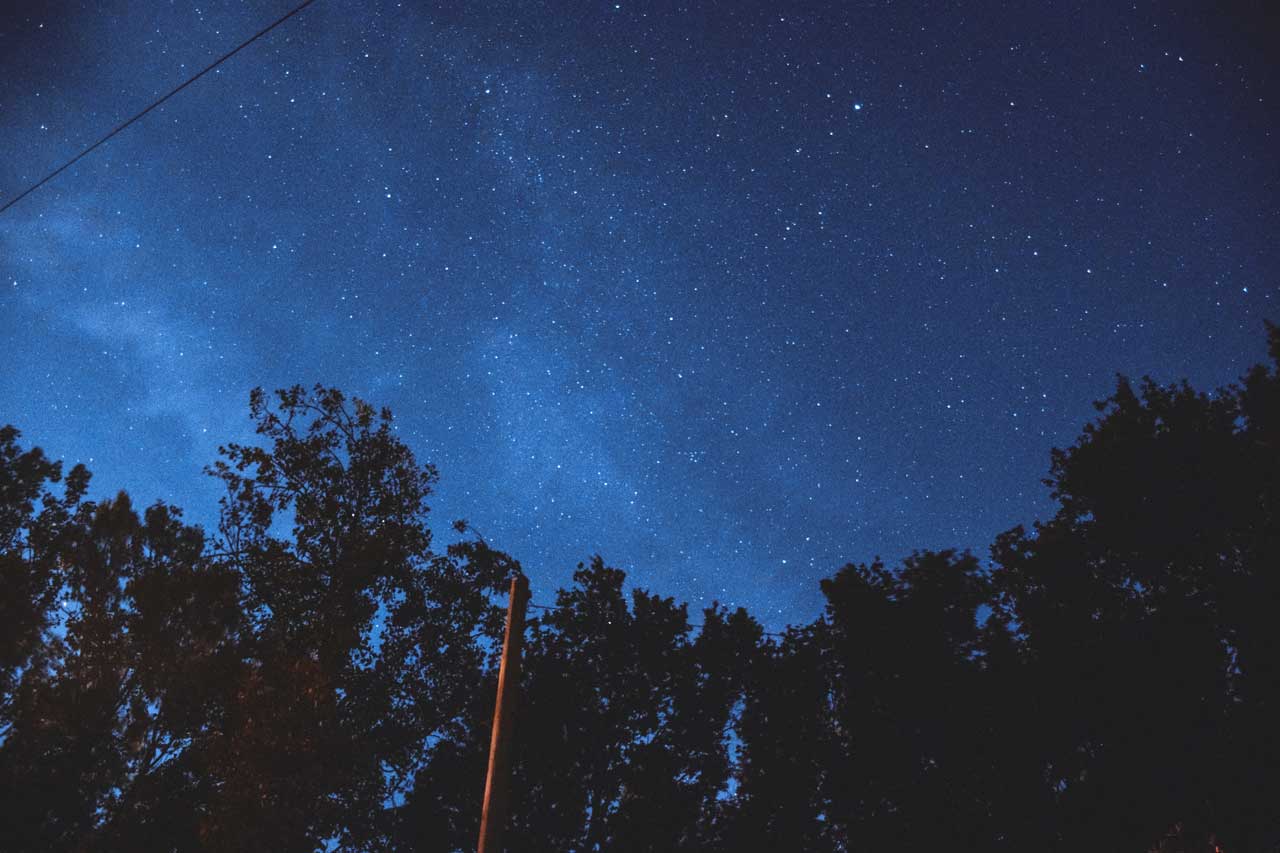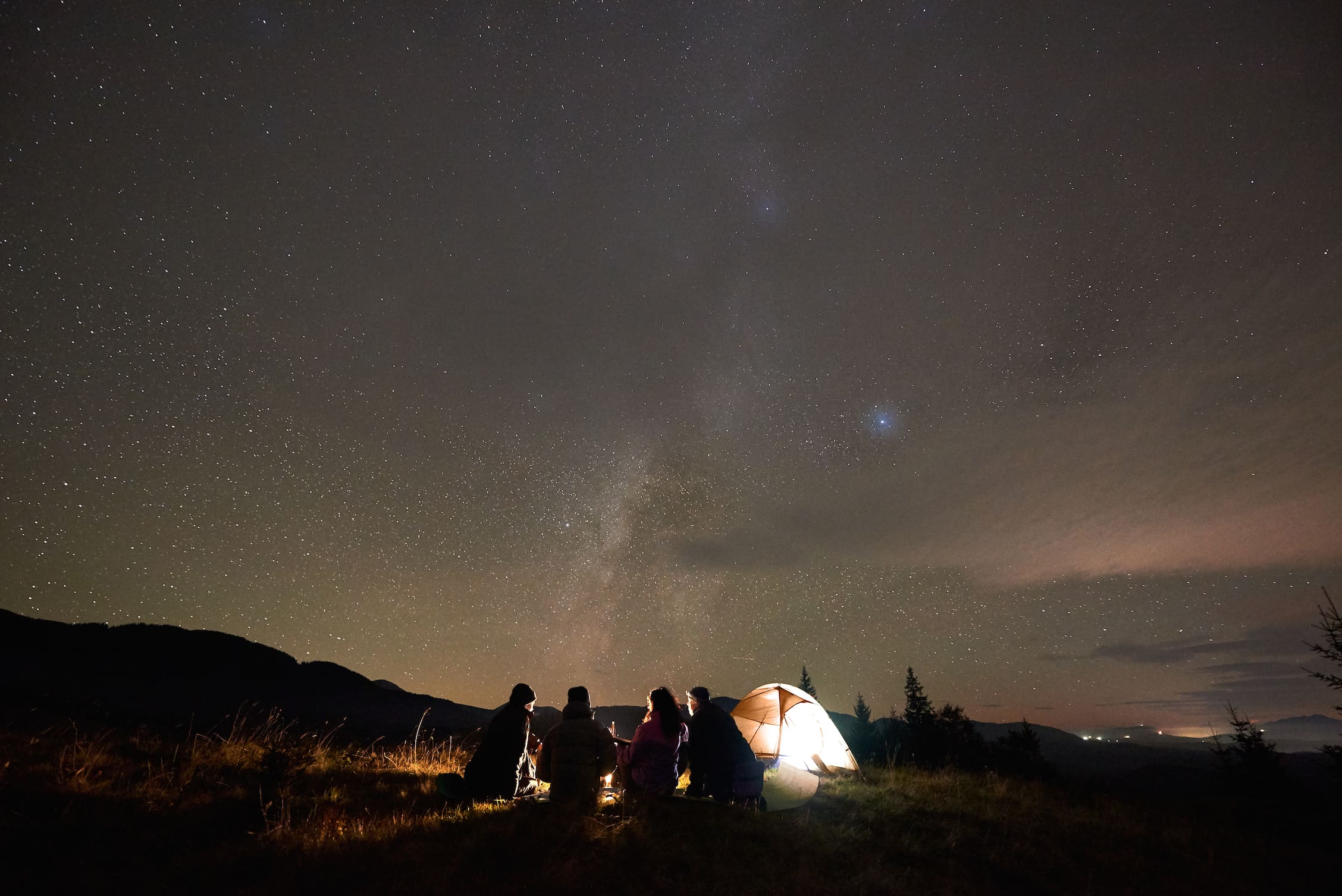Star Count 2020: explore what we learned

What the 2020 results of our annual celestial census tell us about light pollution – and what we can all do next.
In February 2020, we asked for volunteer ‘citizen scientists’ to look to the skies and count stars within the Orion constellation in our annual cosmic survey to measure light pollution. So what did the results tell us?
An incredible 2,500 people took part, braving the rain and cold to count over 27,000 stars over the course of one week. As ever, we’re grateful to have so many keen stargazers, who’ve helped to give us another insight into how much light is leaking from our developments into the night and obscuring our starry skies.
The results are in.
Key findings
Take a look at our interactive map below for a national overview of our findings.
We’ve learned that almost two-thirds of us (61%) couldn’t see more than ten stars within Orion, indicating we’re experiencing severe light pollution. Worryingly, this was the highest figure we’ve seen since we started doing our annual counts.
But there was a small star of hope – 1% more people than last year (now 3%, up from 2% in 2019) told us that they could see a whopping 30 stars or more in Orion! These lucky folk are benefiting from ‘truly dark skies’, and getting a great stargazing experience.
Be sure to zoom into our map to find your very own star count result, if you helped out in 2020, or see how your area compares to others. Are you living with light pollution, or enjoying velvety darkness and star-filled views?
Why we care
Deep, dark skies are something we really care about here at CPRE, the countryside charity. We’ve long campaigned to ensure that our countryside can offer us all the amazing experience of a cosmic view. As our chief executive, Crispin Truman, puts it: ‘Gazing up at the heavens can inspire and help lift our spirits.’
And there are lots of good reasons why it helps us all to keep light pollution down. We’re passionate about addressing the climate emergency, and limiting artificial lights where possible is a great way to save energy – and money. Not only can street lights account for as much as 30% of a council’s carbon emissions, but they can also cost lots – money that could be saved if lighting is reduced (safely and after consultation, of course).
Cutting down unnecessary light can have important effects beyond money and carbon. Our wellbeing, and that of nature, can actually be impacted by the loss of dark skies. Humans can find themselves with disrupted sleep, and excess light can confuse wildlife by interrupting feeding or migration patterns.
We’ve been heartened in 2020, though, to hear how many of our stargazing helpers share how much we value a view of the night sky. A huge 97% of those who took part told us that gazing at the stars has a positive impact on their wellbeing, and 88% would like to see more being done to protect dark skies where they live.
Get involved
Here at CPRE, we’ll keep calling for light pollution to be minimised and urging councils to do their bit. Crispin says:
‘We’d like to see councils adopting better policies in local plans to tackle light pollution and protect and enhance our darkest skies where people can still experience the wonder of a star-filled night sky. There are straightforward steps councils can take, in consultation with local people, that don’t just reduce light pollution but save energy and money too.’
And there are small steps that we can all take. Why not turn off outside lights when you don’t need them, or contact your council to ask if they’re considering introducing measures to limit light pollution?
And of course, keep an eye out for our campaigns and advocacy work around dark skies here on our website, or sign up for our regular emails to hear updates on all our work. In the meantime, keep stargazing! Want inspiration? We have some top tips for some of the best places to get starry-eyed. Enjoy!







